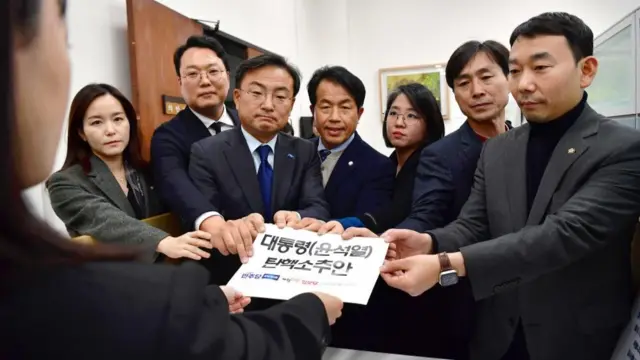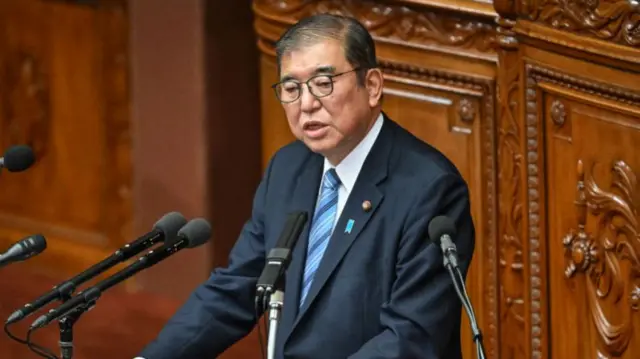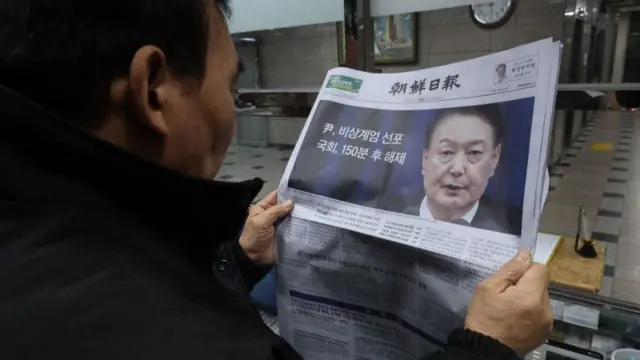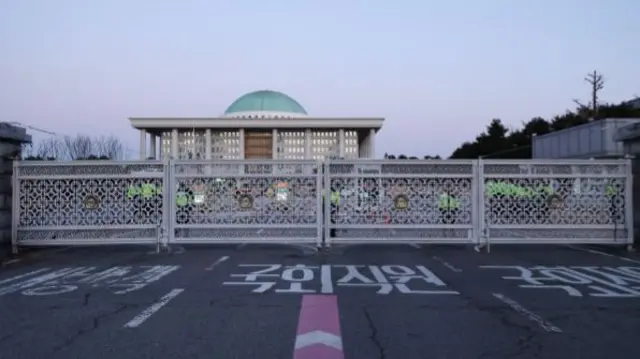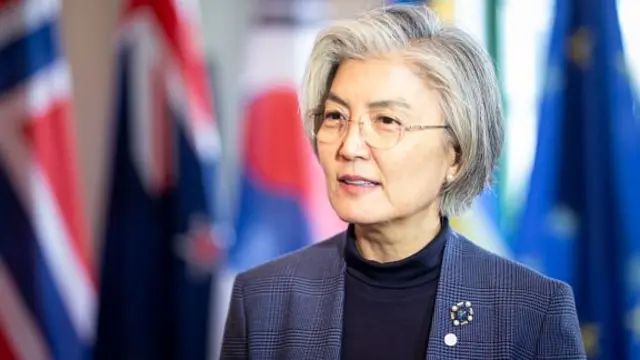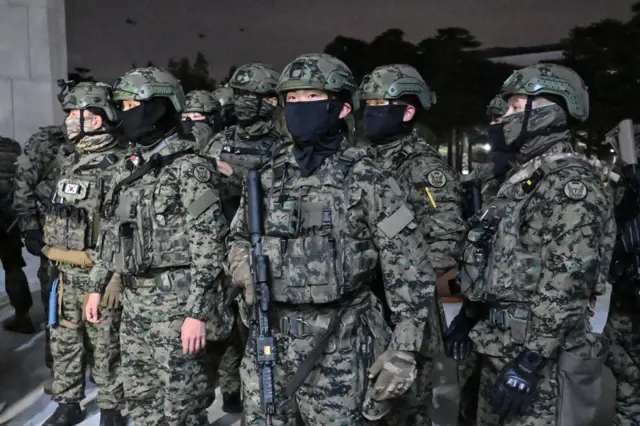What might happen now?published at 06:04 GMT 4 December 2024
As we've just reported, opposition lawmakers in South Korea have tabled a motion to impeach President Yoon, triggering what will likely be a days-long process.
Once an impeachment bill is proposed, at least two-thirds of South Korea's 300-member National Assembly must vote to impeach Yoon - that translates to at least 200 votes.
The vote must take place within 72 hours.
The next step now though, is for the Speaker of the Assembly Woo Won-sik to open a session for the motion to be debated - which could happen as early as in two days.
